Premium Only Content
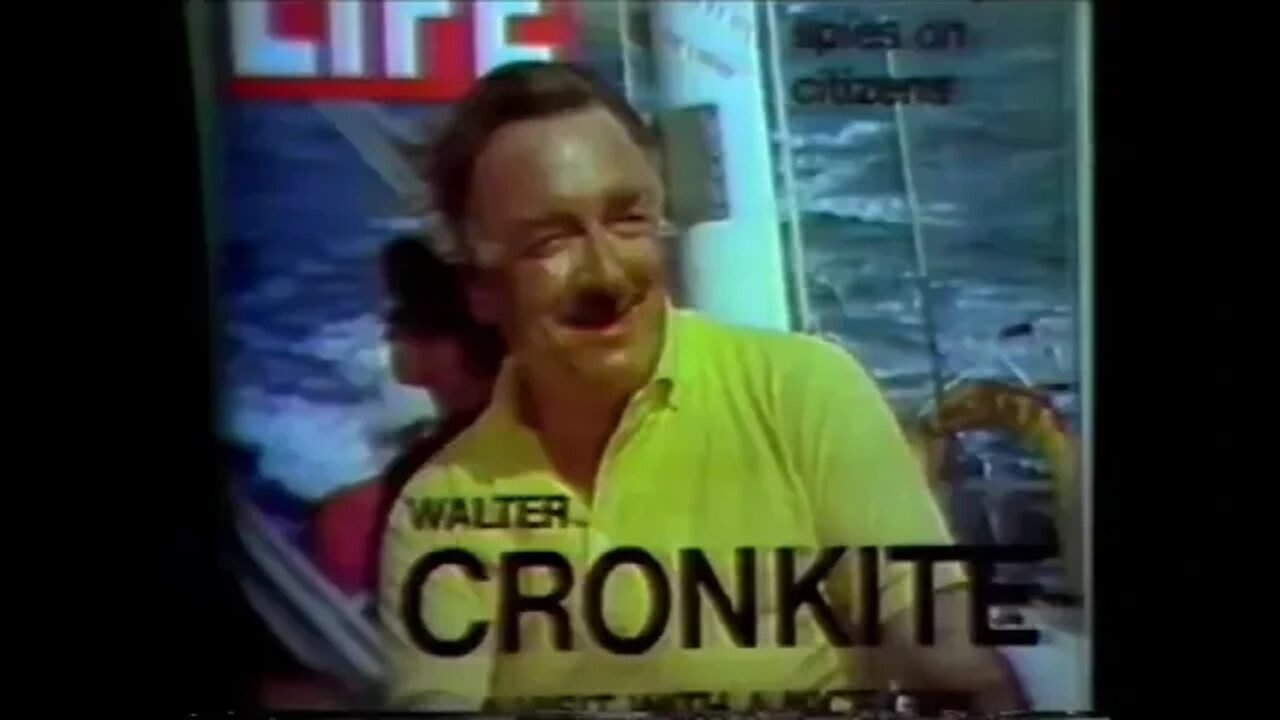
George Bush's Darkest Secrets CIA Drug Operations, October Surprise 1989
U.S. Government Officials said in 1990 the Anti-Drug Unit of the C.I.A. "accidentally" shipped a ton of cocaine into the United States from Venezuela as part of an effort to infiltrate and gather evidence on drug gangs. The cocaine was sold on the streets in the United States. No criminal charges were made in this incident, however C.I.A. officer Mark McFarlin resigned and another C.I.A. officer was disciplined. The CIA issued a statement on the incident saying there was "poor judgment and management on the part of several C.I.A. officers".
During a PBS Frontline investigation, DEA field agent Hector Berrellez said, "I believe that elements working for the CIA were involved in bringing drugs into the country."
"I know specifically that some of the CIA contract workers, meaning some of the pilots, in fact were bringing drugs into the U.S. and landing some of these drugs in government military air bases. And I know so because I was told by some of these pilots that in fact they had done that."
Several journalists assert that the CIA used Mena Intermountain Municipal Airport in Arkansas to smuggle weapons and ammunition to the Contras in Nicaragua, and drugs back into the United States. Some theories even invoke the involvement of political figures, including Oliver North, then vice president and former CIA director George H. W. Bush and then Arkansas governor Bill Clinton.
The CIA's self-investigation, overseen by the CIA's inspector general, stated that the CIA had no involvement in or knowledge of any illegal activities that may have occurred in Mena. The report said that the agency had conducted a training exercise at the airport in partnership with another Federal agency and that companies located at the airport had performed "routine aviation-related services on equipment owned by the CIA".
In 1989, the United States invaded Panama as part of Operation Just Cause, which involved 25,000 American troops. General Manuel Noriega, head of Panama's government, had been giving military assistance to Contra groups in Nicaragua at the request of the U.S.—which, in exchange, allowed him to continue his drug-trafficking activities—which they had known about since the 1960s. When the DEA tried to indict Noriega in 1971, the CIA prevented them from doing so. The CIA, which was then directed by future president George H. W. Bush, provided Noriega with hundreds of thousands of dollars per year as payment for his work in Latin America. However, when CIA pilot Eugene Hasenfus was shot down over Nicaragua by the Sandinistas, documents aboard the plane revealed many of the CIA's activities in Latin America, and the CIA's connections with Noriega became a public relations "liability" for the U.S. government, which finally allowed the DEA to indict him for drug trafficking, after decades of allowing his drug operations to proceed unchecked. Operation Just Cause, whose ostensible purpose was to capture Noriega, pushed the former Panamanian leader into the Papal Nuncio where he surrendered to U.S. authorities. His trial took place in Miami, where he was sentenced to 45 years in prison.
On 27 July 1986, Israeli counterterrorism expert Amiram Nir briefed Vice President Bush in Jerusalem about the weapon sales to Iran.
In an interview with The Washington Post in August 1987, Bush stated that he was denied information about the operation and did not know about the diversion of funds. Bush said that he had not advised Reagan to reject the initiative because he had not heard strong objections to it. The Post quoted him as stating, "We were not in the loop." The following month, Bush recounted meeting Nir in his September 1987 autobiography Looking Forward, stating that he began to develop misgivings about the Iran initiative. He wrote that he did not learn the full extent of the Iran dealings until he was briefed by Senator David Durenberger regarding a Senate inquiry into them. Bush added the briefing with Durenberger left him with the feeling he had "been deliberately excluded from key meetings involving details of the Iran operation".
In January 1988 during a live interview with Bush on CBS Evening News, Dan Rather told Bush that his unwillingness to speak about the scandal led "people to say 'either George Bush was irrelevant or he was ineffective, he set himself outside of the loop.'" Bush replied, "May I explain what I mean by 'out of the loop'? No operational role."
Although Bush publicly insisted that he knew little about the operation, his statements were contradicted by excerpts of his diary released by the White House in January 1993. An entry dated 5 November 1986 stated: "On the news at this time is the question of the hostages... I'm one of the few people that know fully the details, and there is a lot of flak and misinformation out there. It is not a subject we can talk about..."
-
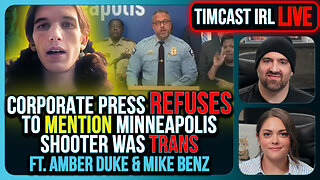 2:57:09
2:57:09
TimcastIRL
5 hours agoCorporate Press Refuses To Mention Minneapolis Shooter Was Trans | Timcast IRL
170K87 -
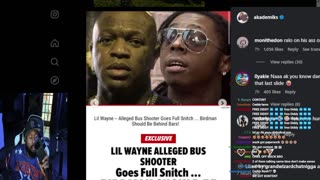 LIVE
LIVE
Akademiks
4 hours agoWar in RAT-LANTA. Young Thug vs Gunna vs Ralo vs YSL MONDO. Who Will Le Bebe Pick. FINAL CRASHOUT!
1,775 watching -
 1:02:24
1:02:24
Man in America
8 hours agoThe Final Battle: Nanotech, Transhumanism & the War for Your Soul w/ Dr. Ed Group
29.5K2 -
 39:56
39:56
Sarah Westall
2 hours agoUpcoming World Wide Economic Collapse/Deep Recession & What the Big Money is Doing w/ Ed Dowd
21.6K3 -
 2:52:55
2:52:55
Barry Cunningham
3 hours agoIT'S MOVIE NIGHT WITH BARRY!
34.5K22 -
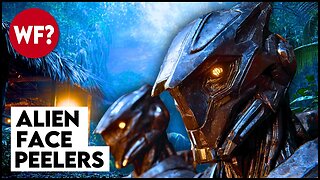 31:05
31:05
The Why Files
2 days agoPeru's Most Terrifying Mystery | The Face Peelers
40.3K41 -
 1:32
1:32
Gaming on Rumble
11 hours agoWhat is the Rumble Creator Program?!?! | Lvl UP
29.1K4 -
 1:50:49
1:50:49
Flyover Conservatives
23 hours ago9/11 on Steroids: What’s Coming This Fall? - Bo Polny | FOC Show
40.6K7 -
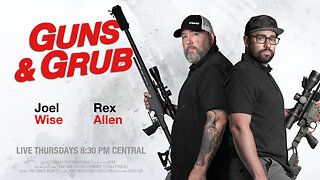 1:01:28
1:01:28
Precision Rifle Network
9 hours agoS4E27 Guns & Grub - Let's Talk About Gas Guns
21.8K1 -
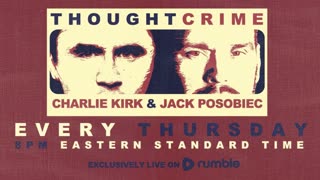 59:29
59:29
The Charlie Kirk Show
5 hours agoTHOUGHTCRIME Ep. 96 — The Great Flag Burning Debate
48.5K34